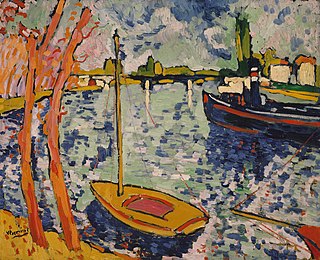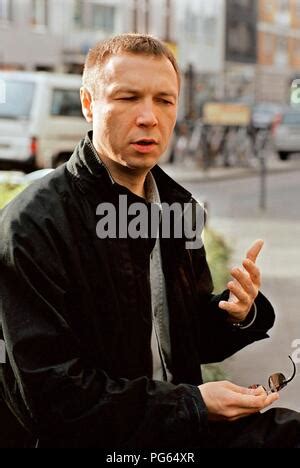A Quote by Marcus Tullius Cicero
I am of opinion that there is nothing so beautiful but that there is something still more beautiful, of which this is the mere image and expression,--a something which can neither be perceived by the eyes, the ears, nor any of the senses; we comprehend it merely in the imagination.
Related Quotes
i thank You God for most this amazing day:for the leaping greenly spirits of trees and a blue true dream of sky; and for everything which is natural which is infinite which is yes (i who have died am alive again today, and this is the sun's birthday; this is the birth day of life and of love and wings: and of the gay great happening illimitably earth) how should tasting touching hearing seeing breathing any--lifted from the no of all nothing--human merely being doubt unimaginable You? (now the ears of my ears awake and now the eyes of my eyes are opened)
Many of our miseries are merely comparative: we are often made unhappy, not by the presence of any real evil, but by the absence of some fictitious good; of something which is not required by any real want of nature, which has not in itself any power of gratification, and which neither reason nor fancy would have prompted us to wish, did we not see it in the possession of others.
I am closest of all to happiness—although I won’t attempt to define just what it is—when I turn away from the window and am aware, with the edge of my consciousness, that a moment ago I was not here, there was simply the world outside the window, and something beautiful and incomprehensible, something which there is absolutely no need to ‘comprehend,’ existed for a few seconds instead of the usual swarm of thoughts, of which one, like a locomotive, pulls all the others after it, absorbs them all and calls itself ‘I’.
The scientist does not study nature because it is useful to do so. He studies it because he takes pleasure in it, and he takes pleasure in it because it is beautiful. If nature were not beautiful it would not be worth knowing, and life would not be worth living. I am not speaking, of course, of the beauty which strikes the senses, of the beauty of qualities and appearances. I am far from despising this, but it has nothing to do with science. What I mean is that more intimate beauty which comes from the harmonious order of its parts, and which a pure intelligence can grasp.
She was beautiful, but not like those girls in the magazines. She was beautiful, for the way she thought. She was beautiful, for the sparkle in her eyes when she talked about something she loved. She was beautiful, for her ability to make other people smile, even if she was sad. No, she wasn't beautiful for something as temporary as her looks. She was beautiful, deep down to her soul. She is beautiful.
The real essence, the internal qualities, and constitution of even the meanest object, is hid from our view; something there is inevery drop of water, every grain of sand, which it is beyond the power of human understanding to fathom or comprehend. But it is evidentthat we are influenced by false principles to that degree as to mistrust our senses, and think we know nothing of those things which we perfectly comprehend.
Had I no eyes but ears, my ears would love. That inward beauty and invisible; Or were I deaf, thy outward parts would move each part in me that were but sensible: Though neither eyes nor ears, to hear nor see, yet should I be in love by touching thee. 'Say, that the sense of feeling were bereft me, and that I could not see, nor hear, nor touch, and nothing but the very smell were left me, yet would my love to thee be still as much; for from the stillitory of thy face excelling comes breath perfum'd that breedeth love by smelling.
All that was neither a city, nor a church, nor a river, nor color, nor light, nor shadow: it was reverie. For a long time, I remained motionless, letting myself be penetrated gently by this unspeakable ensemble, by the serenity of the sky and the melancholy of the moment. I do not know what was going on in my mind, and I could not express it; it was one of those ineffable moments when one feels something in himself which is going to sleep and something which is awakening.
One of the most beautiful verses in the Bible about Heaven is in the 21st chapter of Revelation, the fourth verse. John says, And God shall wipe away all tears from their eyes; and there shall be no more death, neither sorrow, nor crying, neither shall there be any more pain: for the former things are passed away.












































